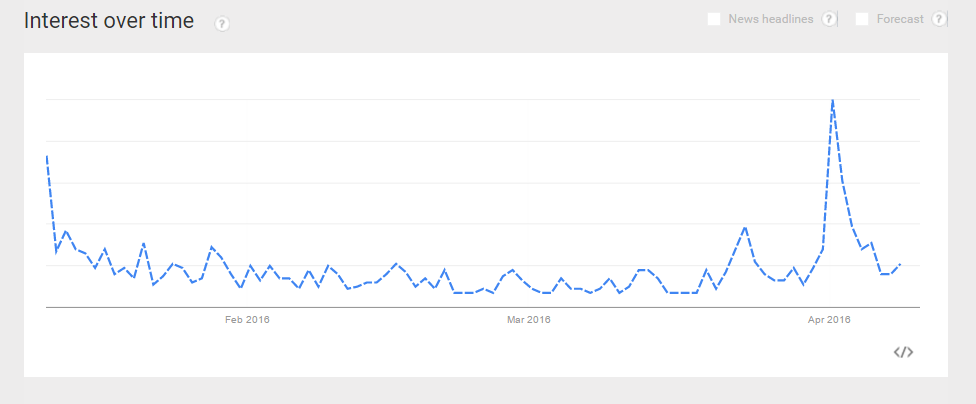Something I think about at times: If there was some new solid-state 4x higher density battery tech that came out that was manufacturable, the first factories wouldn't make car batteries. They would make smartphone batteries. The profit/gram is MUCH higher. So set your BS detectors to this.
It would depend on who got the technology. If Tesla or a close partner of Tesla developed it themselves, it might end up in cars sooner, but overall I agree that portable device batteries offer a higher initial profit, plus they can ramp up at a more reasonable pace.
Say initial production was only a few thousand cells a month increasing to 100,000 a month during the first year of production. That is a reasonable new tech ramp scenario. Apple (or any other device maker that gets the technology first) could offer a limited edition premium iPhone with a longer life battery that initially costs hundreds more and is only available in small quantities. As production increases, the price comes down and the special edition phone becomes the standard.
If you wanted to do the same for a car, your initial production would be enough for 1-2 cars a month, which may be workable for R&D, but you can't sell them until you can produce at least a few hundred cars a month with the new batteries.
Cars are a huge energy demand when you think about it. Among consumer products, cars use more energy than anything else by a large margin. Even trying to heat a house in a cold climate uses less energy than your car does. EVs use the energy more efficiently than gas cars, but they still need to store a staggering amount of electricity to go any distance. A typical home uses around 20KWh of electricity a day. Driving a Tesla on a road trip could use 200 KWh or more a day.
It's no wonder Panasonic is the #1 maker of Li-ion batteries and they essentially have only one customer.




